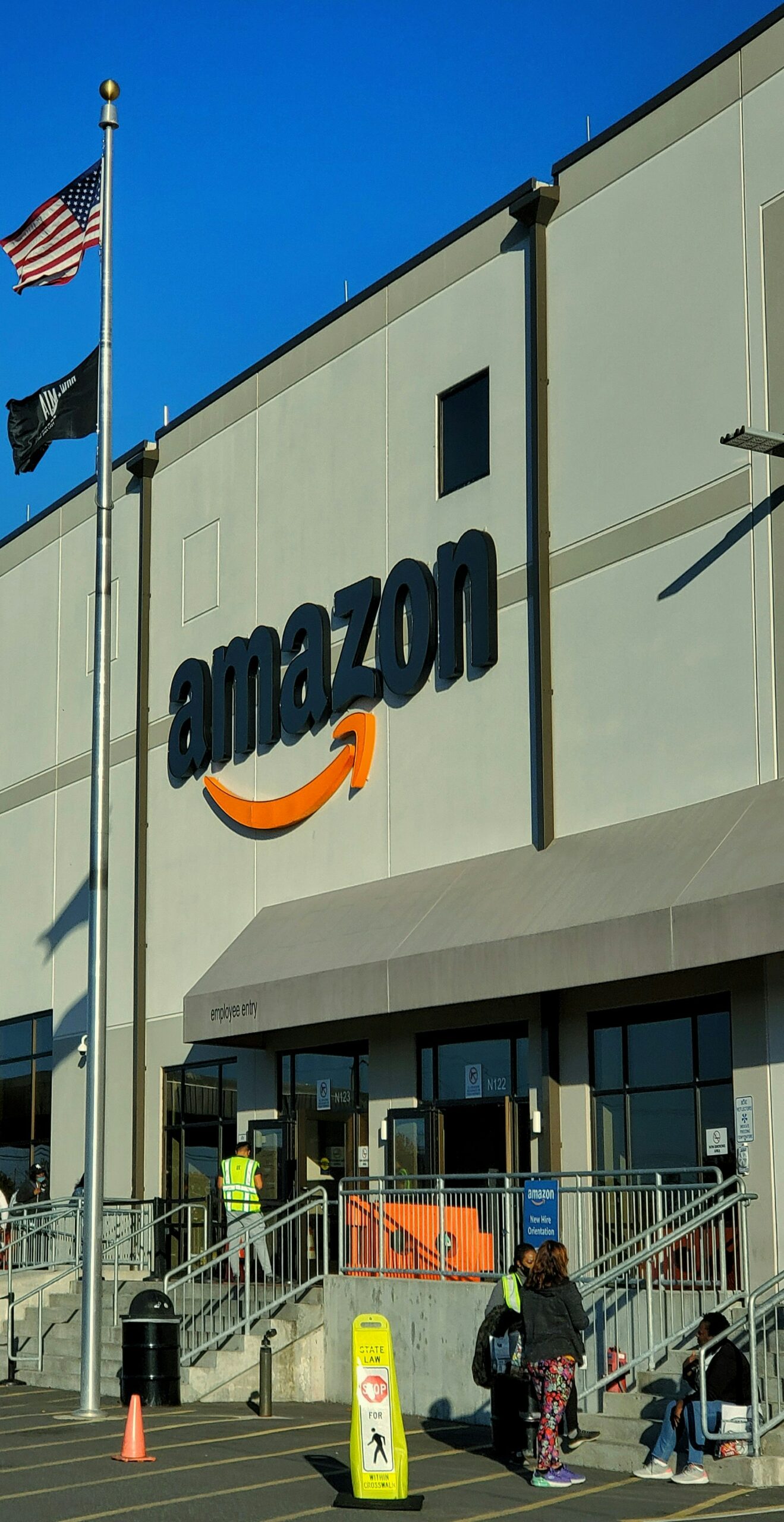Amazon’s history with taxes is quite a tale. For many years, Amazon paid little to no federal income taxes. One key milestone was in 2018 when, despite making $11.2 billion in profits, Amazon paid $0 in federal income taxes. This was a continuation of a trend, as the company had also paid no federal income tax in 2017.
So, how did Amazon manage this?
First, Amazon reinvested a lot of its profits back into the business. This is akin to a gardener planting seeds instead of selling them—investing in future growth. These reinvestments often qualify for tax deductions, reducing taxable income.
Second, they tapped into tax credits. These are like reward points for companies, earned for things like research and development or investment in certain projects. Amazon, with its vast array of ventures and innovations, accrued a lot of these credits.
Third, they made use of stock-based compensation for employees. When a company pays employees with stock options it can take a tax deduction for the market value of the stock, often higher than what it initially cost the company. It’s like giving someone a painting you made that suddenly becomes valuable—the tax system sees the current value, not what it cost you to make.
Lastly, Amazon utilized the carryforward provision. If a company doesn’t make a profit and incurs losses, it can “carry forward” these losses to offset taxable income in future profitable years. It’s like having a credit note from a store for a return which you can use later when you actually buy something.
This combination of strategies allowed Amazon to minimize its tax burden while reinvesting in its growth, a move that’s been both praised for its business acumen and criticized for contributing to inequalities in the tax system. These are standard practices in corporate finance, like a player in a board game skillfully using every rule to their advantage. Yet, when we step back and look at the broader picture, it sparks a significant debate about fairness and the role of corporations in society.
On one hand, Amazon’s tactics are a masterclass in business strategy, focusing on growth and future-proofing. On the other hand, it raises questions about the societal implications of such tax practices. Taxes are more than just numbers on a ledger; they’re the lifelines of a nation’s infrastructure, education, emergency services, and more. When a corporation as successful as Amazon pays little to no federal taxes, it seems to skirt around its part in contributing to society.
This brings to mind my recent conversation with Marissa Fayer of HERhealthEQ on the Purpose and Profit Podcast. Marissa talked about the challenges of running a nonprofit, with the constant struggle of fundraising hindering their actual mission. Marissa said that if she were to start all over again, instead of creating a nonprofit she would probably create a mission-driven business funded through profits. This suggests an alternative purpose and profit approach where organizations leverage their financial prowess not just for internal growth, but also for societal good.
The idea of new tax rules, where corporations only enjoy certain tax benefits if they demonstrably contribute to society or the planet is compelling. It’s about aligning financial success with ethical responsibility, transforming business from a mere profit-making entity to a force for positive change.
This discussion is not just about taxes; it’s about the ethos of business in the 21st century and its role in shaping a more equitable and sustainable world.




